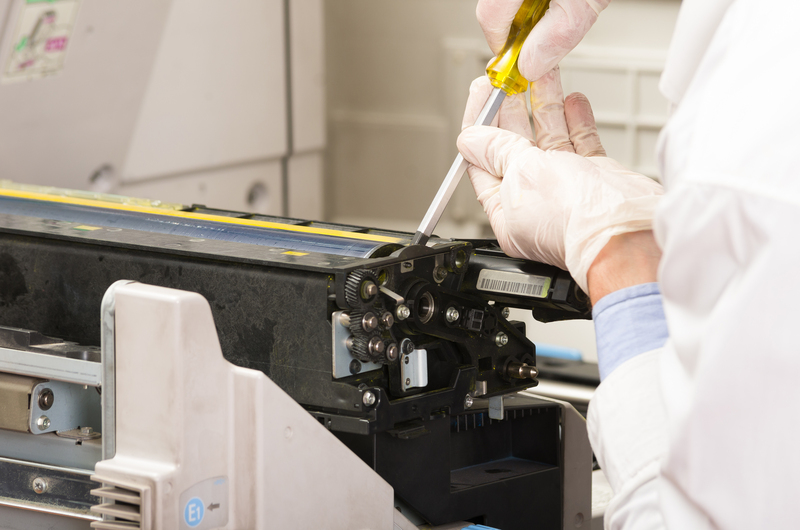Electronic Recycling: Safeguarding Our Natural World
The Importance of Electronic Recycling
In today's fast-paced digital era, electronic devices such as smartphones, laptops, and televisions are becoming obsolete at an alarming pace. This rapid turnover results in a significant increase in electronic waste, often called e-waste. Electronic recycling is crucial for mitigating the environmental impact and protecting the natural world.
What is Electronic Recycling?
Electronic recycling, or e-recycling, refers to the process of reusing or repurposing electronic gadgets and devices. This process includes dismantling gadgets, recovering important materials like metals and plastics, and safely disposing of harmful components such as batteries and cathode-ray tubes.

Why is Electronic Recycling Essential?
Conserving Natural Resources
Electronic recycling helps conserve natural resources such as metals and minerals. Many devices contain valuable materials like gold, silver, platinum, and copper. By recycling electronic waste, we can reduce the need to mine these materials from the earth, thus preserving our natural resources and minimizing ecological disturbance.
Reducing Environmental Pollution
- Toxic Chemicals: E-waste contains hazardous chemicals like mercury, lead, and arsenic. Proper recycling prevents these substances from contaminating soil and water.
- Greenhouse Gases: Recycling reduces the carbon footprint by curtailing the energy required to manufacture new devices from raw materials.
Limiting Landfill Growth
With the increase in electronic waste, landfills are filling up faster than ever. By engaging in electronic recycling, we can significantly decrease the amount of waste directed to landfills, reducing soil and air contamination. Recycling electronic waste prolongs the lifespan of landfill sites and helps maintain ecological balance.
How to Recycle Electronics Responsibly
Step 1: Identify Recyclable Electronics
Before delving into electronic recycling, it's essential to identify which devices are recyclable. Some common e-waste items include:
- Mobile phones
- Laptops and computers
- Televisions
- Printers and scanners
- Batteries
- Audio and video equipment
Step 2: Find Certified E-Waste Recyclers
Look for certified electronic recyclers who follow environmentally responsible practices. Organizations like the Environmental Protection Agency (EPA) maintain lists of reliable e-recyclers to ensure that your gadgets are recycled in a safe and eco-friendly manner.
Step 3: Data Security and Privacy
Before recycling your electronics, make sure to remove all personal data. Use factory reset options to erase data or special software for secure data deletion. This ensures your information remains private and secure throughout the recycling process.
The Impact of Electronic Recycling on Our Natural World
Preservation of Biodiversity
The methods involved in mining raw materials for electronics often damage ecosystems and result in loss of biodiversity. By choosing electronic recycling, we help reduce the dependency on mining, thereby preserving natural habitats and the diverse species that inhabit them.
Reduction in Long-term Environmental Damage
Recycling electronic waste not only benefits the current environment but also prevents long-term harm. By reducing the release of toxins into the atmosphere and soil, we are safeguarding the environment for future generations.

Government and Corporate Role in Electronic Recycling
Government Initiatives
Various governments are implementing stricter regulations and promoting frameworks to encourage electronic recycling. Policies to hold manufacturers accountable for the disposal of their products (Extended Producer Responsibility) are gaining traction.
Corporate Responsibility
Many companies now adopt sustainable practices and encourage customers to return old electronic devices for recycling. Corporations are integrating recycled materials into their production processes, further emphasizing the
Conclusion
The need for electronic recycling is more critical than ever. By participating in recycling initiatives, we can conserve natural resources, reduce pollution, and safeguard our natural world. Every small step towards recycling electronics responsibly contributes to a healthier planet. Let us all join together in embracing electronic recycling to ensure a sustainable future.
Remember, the choices we make today regarding electronic waste not only impact us now but will significantly shape the environment for future generations.